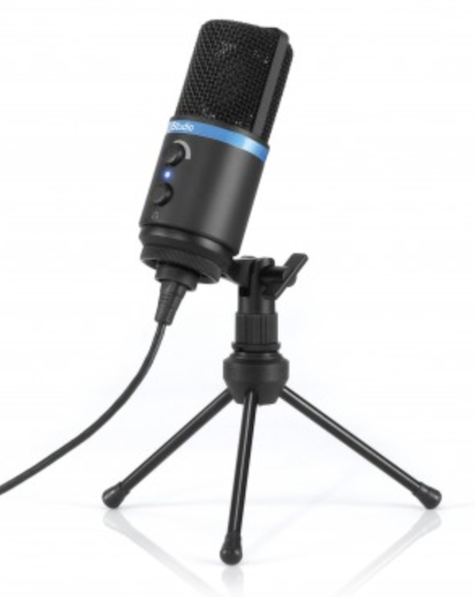
Podcasts are hot. Whether you love politics or philosophy, film or fishing, there is a podcast for your interests. You’d think that would mean a glut in the field, but the fact is that new podcasts are being created all the time, and quite a few of them are moderately successful. Some are wildly successful, netting their creators five or six figures or even more. If you like to talk and there’s a topic you want to talk about, there is probably an audience for you. The tips below can help you get started.
Choose Your Topic
Think about why you want to create a show and who it is for. For now, don’t worry too much about how many other podcasts cover your topic. For example, there are plenty of podcasts dealing with current events or politics, but there is always room for a fresh perspective from an engaging host. On the other hand, perhaps you have a truly niche idea and there isn’t yet anything out there that covers it. Once you know what your focus will be and the kind of audience you are after, think about what kind of a format you want. Will it primarily be you or you and co-hosts, or will you do interviews? Another thing to consider is how much off-topic chatter you want. Some people love this in a podcast while for others, it can be a big turnoff.
Get the Equipment
Poor sound quality or editing can sink even the best content. You need to have the right equipment. At minimum, you will need a microphone, but you may want to get a high quality one as well as a boom arm mic stand. Similarly, while you can get free software for editing, you may prefer the results you get from something that you pay for. If you are on a tight budget, you may want to consider looking into your options for taking out a personal loan. You can see what offers are available and find the right personal loan for you in just a few minutes.
Launching Your Podcast
Equipment is not the only cost. You’ll also need to pay for a media host for your files. You need to consider such questions as where you will keep your show notes and what kind of music and art you may want to use. You should also think about how much control you want. Getting your own website or hosting your podcast on a website you already own gives you more autonomy.
Finding Success
It’s okay to have some rough edges in the beginning. You might experiment with your format at first, how often you record or how long your show is. While you need to ultimately be the one who chooses the direction you take, listener feedback can be helpful. As your audience grows, you may want to consider setting up a mechanism that allows your most loyal listeners to support you monetarily. To this audience, you could offer longer or extra episodes along with other potential perks, such as a monthly online chat or access to a forum or social media page where you further discuss your main topic.
